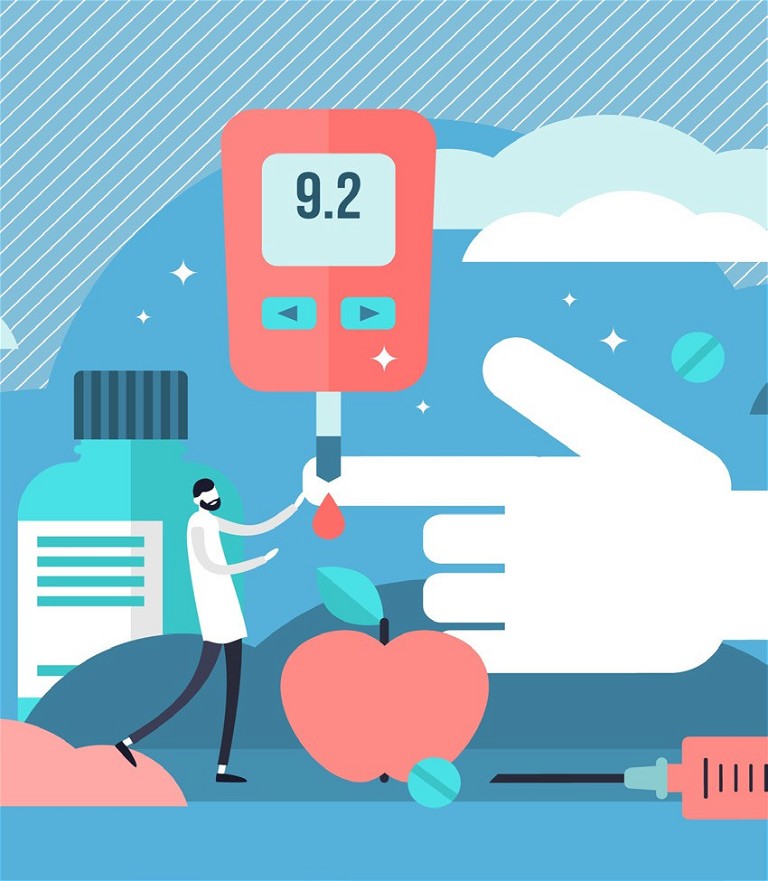Approvals
FDA approves first cellular therapy for treatment of patients with type 1 diabetes

The US Food and Drug Administration (FDA) has announced that it has approved Lantidra, the first allogeneic (donor) pancreatic islet cellular therapy made from deceased donor pancreatic cells for the treatment of adult patients with type 1 diabetes.
The drug is approved for adult patients with type 1 diabetes who are unable to approach target glycated haemoglobin (average blood glucose levels) due to current repeated episodes of severe hypoglycaemia (low blood sugar) regardless of other diabetes management and education. Some patients struggle to manage the insulin doses they need daily to prevent hyperglycaemia (high blood sugar) without causing hypoglycaemia, and others may develop hypoglycaemic unawareness meaning they are unable to detect a drop in their blood glucose levels – giving them little chance to prevent this from further dropping and making it difficult to correctly dose insulin.
This approval of Lantidra provides a new potential treatment option for these patients.
The safety and efficacy of the drug was assessed in two non-randomised, single-arm studies which comprised 30 participants with type 1 diabetes and hypoglycaemic unawareness. Of these patients, 21 did not need to take insulin for at least a year, with 11 not needing it for one-to-five years and ten participants not needing it for more than five years.
Peter Marks MD PhD, director of the FDA’s Center for Biologics Evaluation and Research, commented: “Severe hypoglycaemia is a dangerous condition that can lead to injuries resulting from loss of consciousness or seizures. Today’s approval, the first-ever cell therapy to treat patients with type 1 diabetes, provides individuals living with type 1 diabetes and recurrent severe hypoglycaemia an additional treatment option to help achieve target blood glucose levels.”